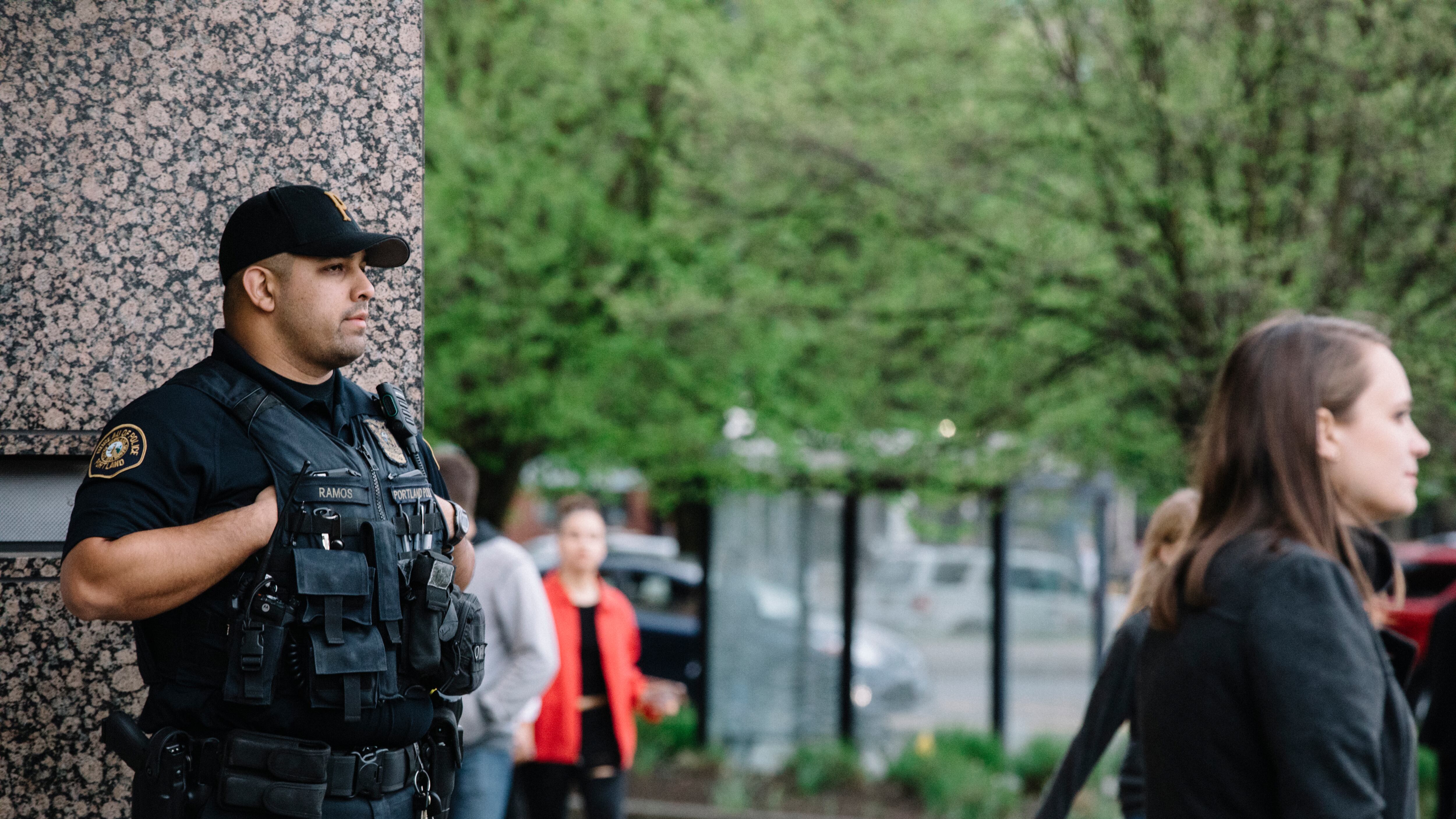Portland voters approved a 3 percent sales tax on cannabis in 2016. At the Portland City Council's 2020 budget work session May 14, the city auditor revealed that $2 million of the cannabis tax was used to backfill the Portland Police Bureau's budget over the past two years.
As WW previously reported, a city audit showed that the tax money mostly went to police—and specifically the traffic division, which enforces DUII law. But the council's work session revealed that the weed money didn't fund additional DUII patrols. Instead, it backfilled police budget shortfalls.
Commissioners disagreed on whether or not the city's decision to use a portion of the tax to backfill the police budget was acceptable.
Commissioner Amanda Fritz defended the decision. "The ballot measure did not specifically say we could not backfill," she said. "We tried to strike a balance between identifying desired needs, like the training, and at the same time leaving the council the deciders on how to spend this."
Commissioner Chloe Eudaly was among the disenchanted with rerouting millions to the general fund. "This grant money simply supplanted general funds in the [Police Bureau] traffic division which were used elsewhere," she said.
Eudaly and Hardesty were also frustrated that only 16 percent of cannabis tax revenue was allocated to supporting small businesses and a meager 5 percent of the tax was allocated to substance abuse treatment programs. Roughly 79 percent of the dollars went to police.
When Commissioner Jo Ann Hardesty asked the police bureau if any of the cannabis tax dollars had been given to driver education programs that dealt with driving under the influence of cannabis, the bureau balked.
"Clearly the supermajority went to law enforcement but there doesn't seem to be a tie to cannabis at all," said Hardesty. She added that increased traffic safety was "the frame we sold this to voters on," but that the promises weren't fulfilled.
Eudaly echoed Hardesty's disappointment. When she asked the police bureau if any new officers had been hired with the tax money, they responded "zero." She responded, "I want to see an actual increase in enforcement [of DUII laws], and I'm disappointed that these dollars didn't deliver it."
Hardesty became frustrated when Fritz said that the three allocation buckets—policing, small businesses, and treatment—were "never intended [to be] be entirely balanced."
"Today we have marijuana businesses where white men are making fortunes daily," Hardesty replied. "The people who have been criminalized for marijuana policy and activity are not the people who are making bucket loads of money every single day. When we sold this to the public talked, we talked about trying to undo some of the harm that has been caused by past public policy."
Fritz agreed with Hardesty that finding a way to allocate some cannabis tax money to expunging people's legal records of previous cannabis violations would be an honorable use of the tax dollars; Eudaly said the cost of expunging records should lie on the shoulders of the state, not on individual cities.
Hardesty capped off the conversation by expressing her frustration at the nebulous nature of the conversation regarding the cannabis tax.
"We keep talking philosophically, right? But there are real people's lives who have been impacted," said Hardesty. "How many folks still can't get a job, can't get an apartment, can't live in certain neighborhoods because of convictions that are 10, 20 years old?"
The city forecasts $4.7 million in cannabis tax revenues for the current fiscal year.
